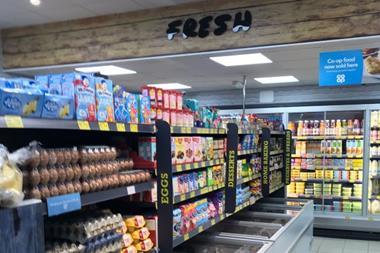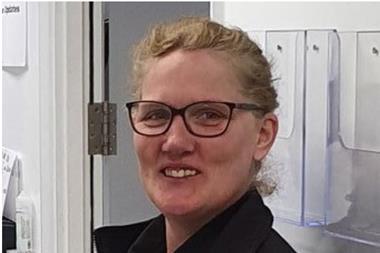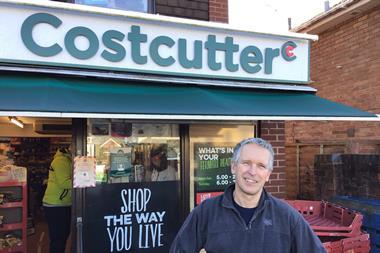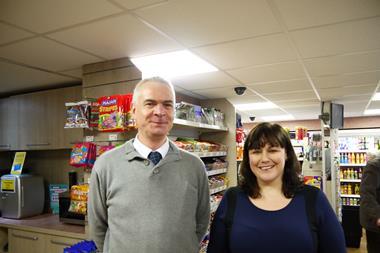Nisa Marsh Farm, Luton

Barry Patel’s 20-year dedication to the Marsh Farm estate in Luton paid off this summer when he got the chance to open a 4,800sq ft new-build Nisa store.
ALREADY HAVE A REGISTERED USER ACCOUNT? PLEASE LOG IN HERE
To read the full story join the ConvenienceStore.co.uk community today!
Registration is quick and easy and provides access to:
- Unlimited ConvenienceStore.co.uk articles
- Our great range of newsletters
- Content you’ve saved for later via the ‘my library’ feature
And much more…


























